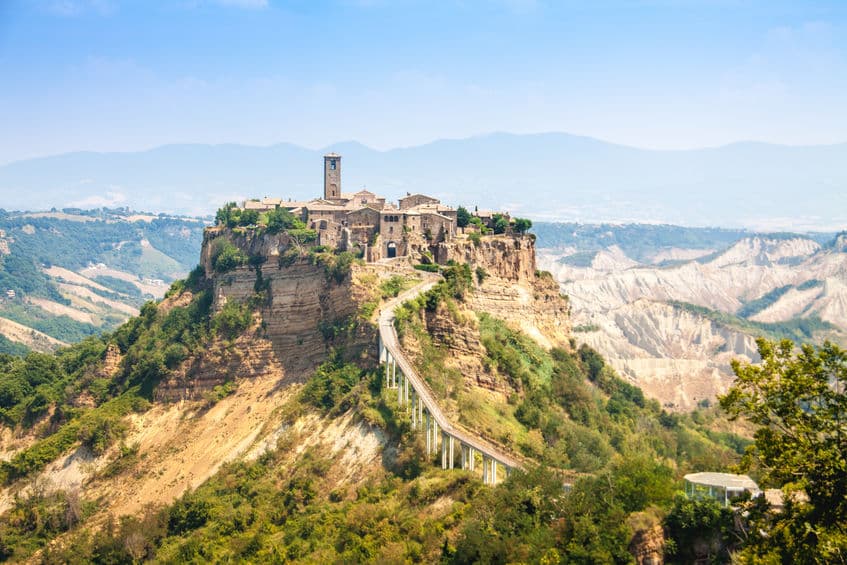Reason why its title is different than the original - Ghibli Trivia
by jose
Posted on 2021-02-23

Did you know the famous Ghibli movie "Castle in the Sky" has different title in different countries?
Well, there's a reason why they avoid using the original title in Japanese.

Some of you might already know this but the name of castle "Laputa" has some issue in Spanish speaking countries, so it has been removed in the US, UK, Mexico and Spain.
There are 2 different titles for English. 1 - Laputa: The Flying Island, 2 - Castle in the Sky
- s the first English title when it first open to public in 1989 in England.
2. then in 2003, Disney released DVD and changed its title to it.
But the [Laputa] or [La puta] means a prostitute in Spanish, therefore they did not include it in the title since it would NOT be appropriate for its audience.
In Spain, they even changed its name from Laputa to Lapuntu in 2003, though they changed it back to its original in 2010.
Also they tried to pronounce differently from La puta instead of emphasize on "pu", emphasis is on "La" so it does not recall inappropriate or so.
By the way, for the Spanish title, it is [El castillo en el cielo] and La puta is certainly not included.
Did Miyazaki not know this fact?
well, personally I am pretty sure he did not know this. but the story he got inspiration from called "Gulliver Travelogue" has a flying island called "La puta" and the author Jonathan Swift was fluent in Spanish so most likely he dared to name it on purpose.
In Laputa, the flying island, all the citizens were scientists, and the flying island dominated the earth with its scientific power. However, their mind were always full of science, and sometimes it was difficult to talk or even walk on the road, so they even took a slap to restore their sanity.
On such a flying island, there is a description in the work that a woman has an affair with a man on the ground because she is not dealt with by her husband. The predominant theory is that Swift named the flying island Laputa (prostitute), referring to Laputa women who are becoming like prostitutes.
Conclusion
Obviously Mr.Miyazaki did not know the fact and surely he does not include any of such theme in his movies at all.
Still, when you get some inspiration from foreign stories, we want to double check the meaning of the words just to make sure that they follow your concepts as well as not misleading to the particular audience.
In some countries in Europe, they still use "Laputa: The Flying Island", so I guess it depends on the country how they handle it.
One thing for sure though that you don't want to say "I like Laputa" in Spain or other Spanish speaking countries especially in their language "Me gusta la put*" when you are trying to talk about your favorite movie or anime.... lol
Alright, hope this article has been helpful knowing some trivia about anime.
Let me know what you guys think in the comment below!
Happy sharing 🤓
2
Wotaku exchange
オタク, ヲタク
otaku, wotaku exchange
- geek
- nerd
- enthusiast
- expert
